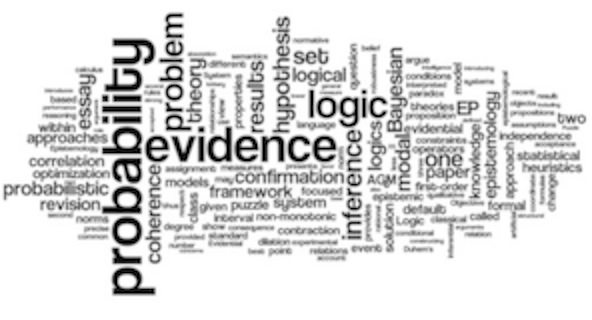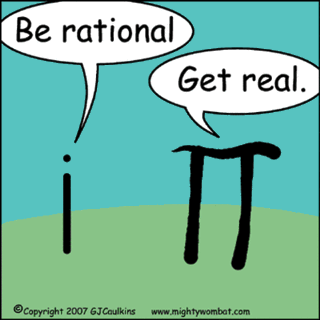An illusion of objectivity
04/02/13 05:29

Regular readers of this blog will know that I love dictionaries. We keep an unabridged dictionary handy at the dinner table to look up and understand words that come up in the course of our regular conversations. I have written about the Oxford English Dictionary at least twice in my blogs. I have nothing against dictionaries. They have great value in the advancement of human knowledge.
But seriously – “transportation” and “add!” Do the justices somehow think that we believe they were puzzled over the meaning of these words? These are brilliant and highly educated people. They have vocabularies that would put to shame the understandings of many other people. They are not using dictionaries to find our the meaning of words. In my not so humble opinion, the justices are using the dictionary to make their very subjective decisions appear more objective – as if the reason they came to their conclusions was that they are driven by pure logic only, when in reality they doing what I believe the constitution calls upon them to do – offer their opinions.
There is genuine genius in the rules that allow generous judicial discretion to the justices. Often an argument over the meaning of the law can come down to the interpretation of the meaning of a single word. But if the justices want me to believe that they somehow are suppressing their own sense of values and meaning and deferring to an objective and outside source such as a dictionary, I just don’t buy it. And, frankly, I don’t want them to operate in such a manner. A computer can be programmed to analyze language and make decisions about inappropriate uses of it. Microsoft Word has a grammar checker built into the home version of the program. When it comes to interpreting the actions of Congress, however, I believe that we need the combined wisdom, experience, and, yes, opinions, of real living human beings. It is completely appropriate for some decisions to have a subjective element.
What is not appropriate is for the justices to pretend that they are somehow being objective and that their opinions are not as important as their research.

The increasing specialization of education has resulted in more and more people who are educated, but who have spent virtually no time in the study of philosophy. The PhD degree can be earned in many fields without ever engaging in a discussion of the history of philosophy. A Juris Doctor degree is commonly awarded in our country without the requirement of a basic understanding of philosophy.
The result is a huge number of highly educated persons occupying positions of power and influence who have never seriously engaged in a discussion of the nature of Truth. Too often educated people act as if they do not recognize the distinction between the truths we can grasp and the ultimate Truth that is always beyond human comprehension. Too often highly educated persons pretend that they are objective purveyors of Truth instead of humans whose grasp on truth is always subjective.
We’ve observed it in science for some time. Mathematicians and physicists are often convinced that their studies are objective – based on the actual operations of the universe and not influenced by subjective decisions made by individuals. They fail to see their own biases because they believe that no bias is possible.
A brief study of the history and philosophy of science demonstrates otherwise. Try doing math without the concept of zero. Humans did for generations. Zero is not some absolute truth that somehow perfectly exists in the universe and is calmly observed. Zero is a human idea – a construct of human minds created in order to make the human rules applied to mathematics work in a consistent fashion. There is no objective reality between +1 and -1, but the operation of all sorts of mathematical principles will not work without the assumption of zero.

Frankly, I am delighted with the human element in our deliberations. I am fascinated by the quirks of our interpretations. I am energized by conversations that stretch my understanding. That is why, when I suspect that there is more to the story than the dictionary tells, I go for another dictionary. That is why I like the Oxford English Dictionary which turns to literature and common usage for explanations of the way we use words rather than claiming to be the ultimate authority on some sort of objective meaning.
I’m delighted that the justices of the Supreme Court refer to dictionaries. I hope they keep doing so. But I am a bit offended that they think we might somehow believe that they are being objective when they do so. They are capable of defining a few narrow truths for our generation. The search for ultimate Truth continues. I suspect that future generations will find the justices’ opinions of themselves – and their use of dictionaries – to be as silly as other subjective opinions that we humans offer.
Perhaps the increasing use of imaginary numbers in advanced calculus will lead a mathematician to the conclusion that philosophers have held for generations: all numbers are imaginary.
Whether or not the justices can admit it, all opinions are subjective.